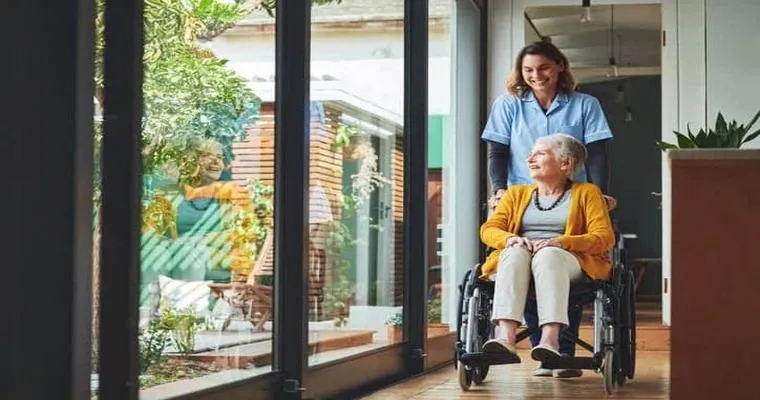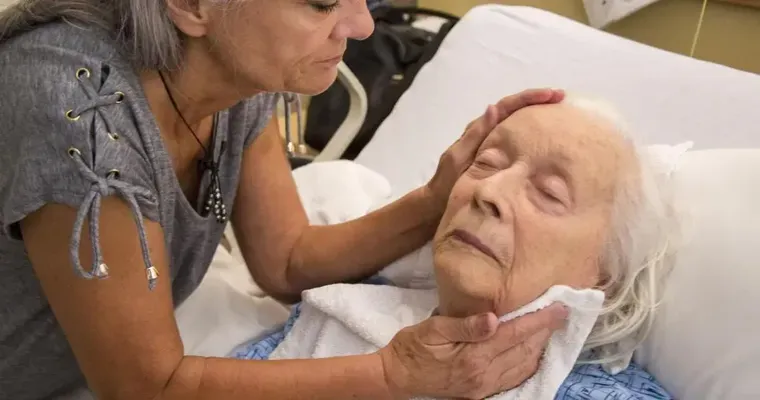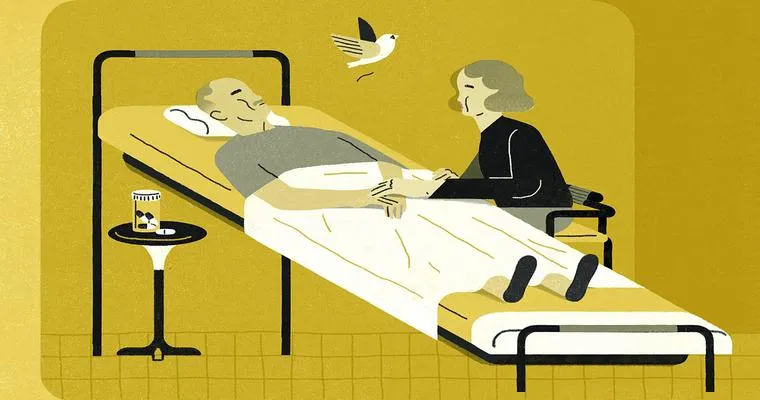Deciding whether your wife needs to be in an "assisted living care facility" can be a challenging and emotional process. Many families face this decision when they notice changes in their loved one's "health", "cognitive abilities", or overall "quality of life". Recognizing the signs that indicate a need for such care is crucial for ensuring that your wife receives the support and assistance she deserves. Here are some critical indicators to help you determine if it might be time to consider an "assisted living" option.
One of the most significant signs that your wife may need assistance is a decline in her "physical health". If you notice that she is struggling with daily tasks such as bathing, dressing, or preparing meals, it may indicate that she requires more help than you can provide. Frequent falls, unexplained bruises, or a noticeable decrease in mobility also suggest that she could benefit from the supervision and assistance available in an assisted living facility.
Another critical factor to consider is her "cognitive health". Changes in memory, confusion, or difficulty following conversations can be concerning. If your wife is exhibiting signs of "dementia" or "Alzheimer's disease", it is essential to seek professional help. Assisted living facilities often have specialized programs and trained staff who can cater to the needs of residents with cognitive impairments, providing a safe and supportive environment.
Additionally, evaluate her "social interactions" and emotional well-being. If your wife has become increasingly isolated or withdrawn, this could indicate that she is struggling to maintain her social connections. Assisted living facilities offer a community of peers and organized activities that can help combat loneliness and promote engagement, which is vital for mental health.
Another consideration is her ability to manage medications. If your wife is having difficulty remembering to take her medications or is experiencing side effects from improper dosages, it may be time to look into assisted living. These facilities usually provide medication management services, ensuring that residents take their medications safely and on time.
Finally, assess the overall safety of her living environment. If you have concerns about her living alone, such as the risk of accidents or inability to handle emergencies, assisted living can provide peace of mind. Facilities often offer 24-hour security and emergency response services, ensuring that residents are safe and secure.
In conclusion, recognizing the signs that your wife may need to be in an "assisted living care facility" is vital for her well-being. By observing changes in her physical health, cognitive abilities, social interactions, medication management, and safety, you can make an informed decision. Remember, seeking help and considering assisted living is a proactive step towards enhancing her quality of life and ensuring she receives the care she needs.





